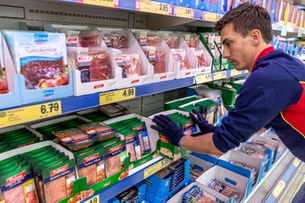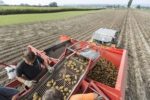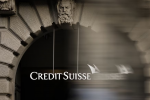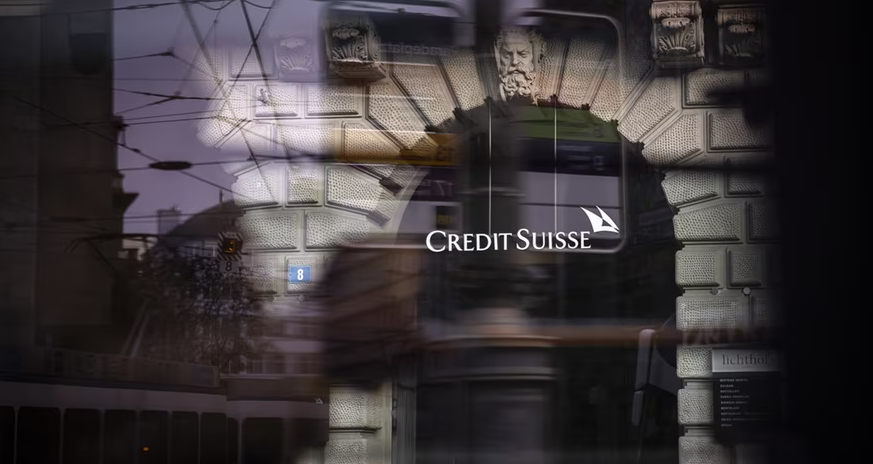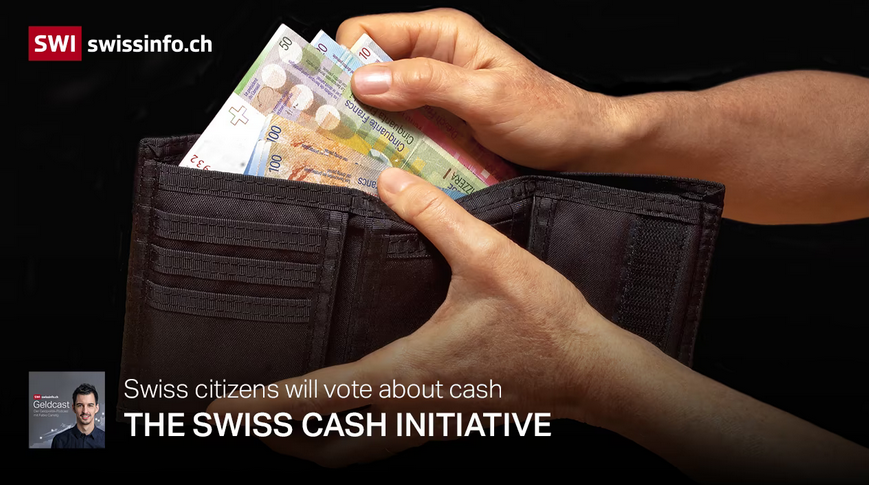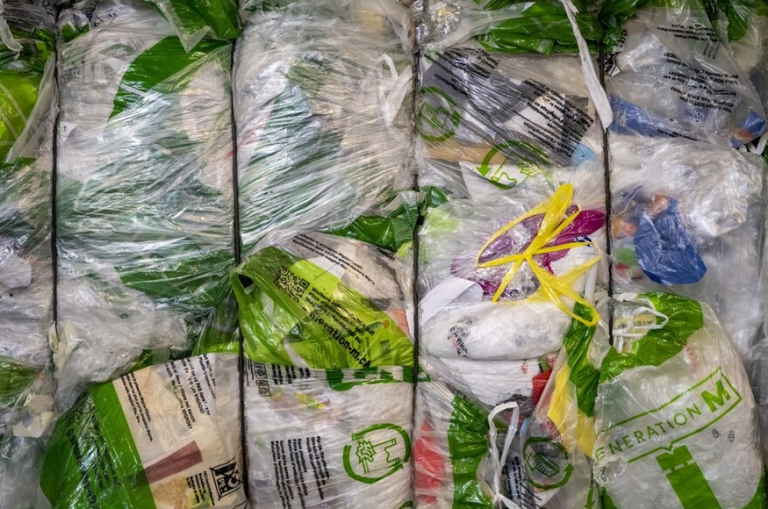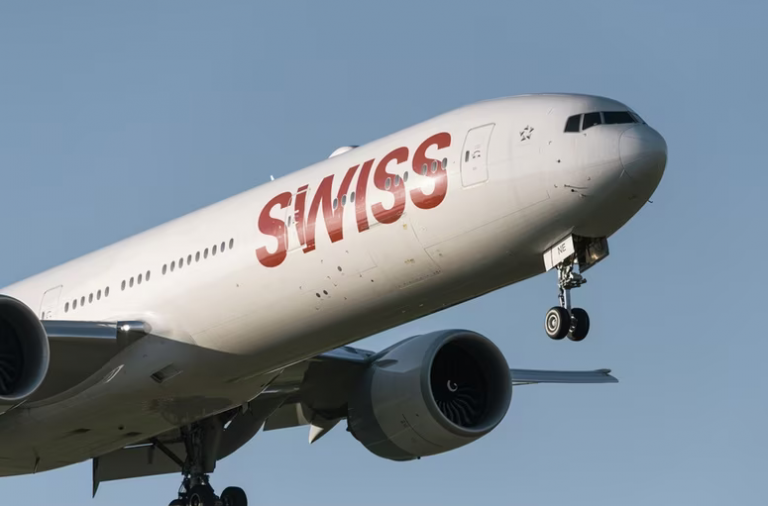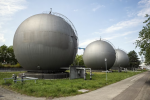The European Union and the United States have criticised Switzerland for the over-protection of its agricultural sector.
Responding to the questions raised at the Geneva-based World Trade Organization (WTO), Switzerland said it would make an effort to ease protections, on condition that other member states do likewise.
The statements came on Tuesday, in the context of a WTO review of Swiss policy that takes place every four years. During the session, the EU voiced concerned about the “high level of tariff protections on agricultural products” practiced by Switzerland. The US seconded this, mentioning various other products.
The Swiss State Secretariat for the Economic Affairs (SECO) has responded that it is “ready to make a contribution” towards reducing internal subsidies in the agricultural sector, but only if a “proportionate” effort is made by other WTO members. It did not elaborate on what such proportion would entail, judging it “premature” to make such a statement.
Currently, Switzerland’s Agricultural Policy for the period 2014-2017 is working to improve the efficiency of direct subsidies, while their elimination could be possible by 2020, said SECO.
Over-filling quotas
According to the WTO report, which was published today, Switzerland has a “generally open” trade regime. Yet the country has lately failed to comply with most of the trade organisation’s import ceilings. “Most WTO tariff quotas have been over-filled in recent years,” the organisation said in this fifth review of Switzerland’s trade policies.
Echoing the concerns of Europe and the US, the report goes on to say that the agricultural sector “continues to be protected with high import tariffs on sensitive products”. Ongoing subsidies in this area also show how vulnerable it is to market competition, “highlighting the need for more market-oriented reforms.”
The trade body said the average Swiss tariff on imports in 2016 was 9%, compared to 9.2% in 2012. However, tariffs on agricultural products were higher, averaging 30.8% in 2016, while the average for non-agricultural products was 2.3%. Rates above 100% apply to some vegetables, meat, and dairy products.
The report also said that last year Switzerland imported more agricultural products than planned, which meant that importers had to pay higher duties for surplus quantities.
Stockpiling products
It noted that Switzerland also traditionally builds up reserve stocks of certain foodstuffs, fuels, animal feed, fuel and medicinal products in the event of shortages. Excessive customs levies, which also “may exceed Switzerland’s bound commitments”, are currently imposed on imports of these products to finance the reserves.
The review session saw 300 questions coming from WTO member states, including surrounding the removal of the Swiss franc-euro peg in January 2015, Swiss progress on the automatic exchange of tax information, as well as export support and tax reforms. The process continues with the Swiss delegation providing responses on Thursday morning.
swissinfo.ch with agencies/sbFull story here Are you the author? Previous post See more for Next post
Tags: Business,newslettersent









